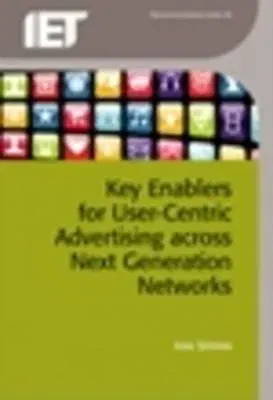Telecommunication and internet services are constantly subject to
change, seeking the customer's full satisfaction. Enriching these
services with innovative approaches such as contextaware, social,
mobile, adaptable and interactive mechanisms, enables users to
experience a variety of personalized services seamlessly across
different platforms and technologies. In this sense, advertising is no
exception, especially if we consider that it will become the business
enabler for next generation services. Nevertheless, currently there is
no cross-domain solution capable of delivering real-time advertising
across heterogeneous environments or domains, and at the same time,
address user needs, desires and intentions. This is because most of the
products available today are only used within isolated environments /
silos. Therefore, managing advertising campaigns across different
verticals is still very complex. However, leveraging on the advances
provided by Next Generation Networks, together with the design
principles inherent to Service Oriented Architectures and capabilities
offered by Service Delivery Platforms, this scenario is about to change.
Based on key conceptual entities called enablers, this work aims to
change the current scenario. More concretely, this book introduces three
distinct but complementary enablers. The Human Enabler provides a
real-time context brokerage system capable of securely managing
different types of user-related data in a standardized way. The
Reasoning Enabler is the result of a welldefined methodology that
enables new knowledge to be reasoned, based on previously stored data,
by aggregating, correlating and inferring new information about people
and their contexts. Lastly, the Session Management Enabler is
responsible for abstracting the communication layers. It provides a
context-aware multimedia delivery system capable of personalizing and
adapting multimedia content according to a set of user and system
pre-defined context data or rules, respectively. Altogether, they form
the Converged User-Centric Advertising System and introduce new features
that address the needs of both users and advertisers.

